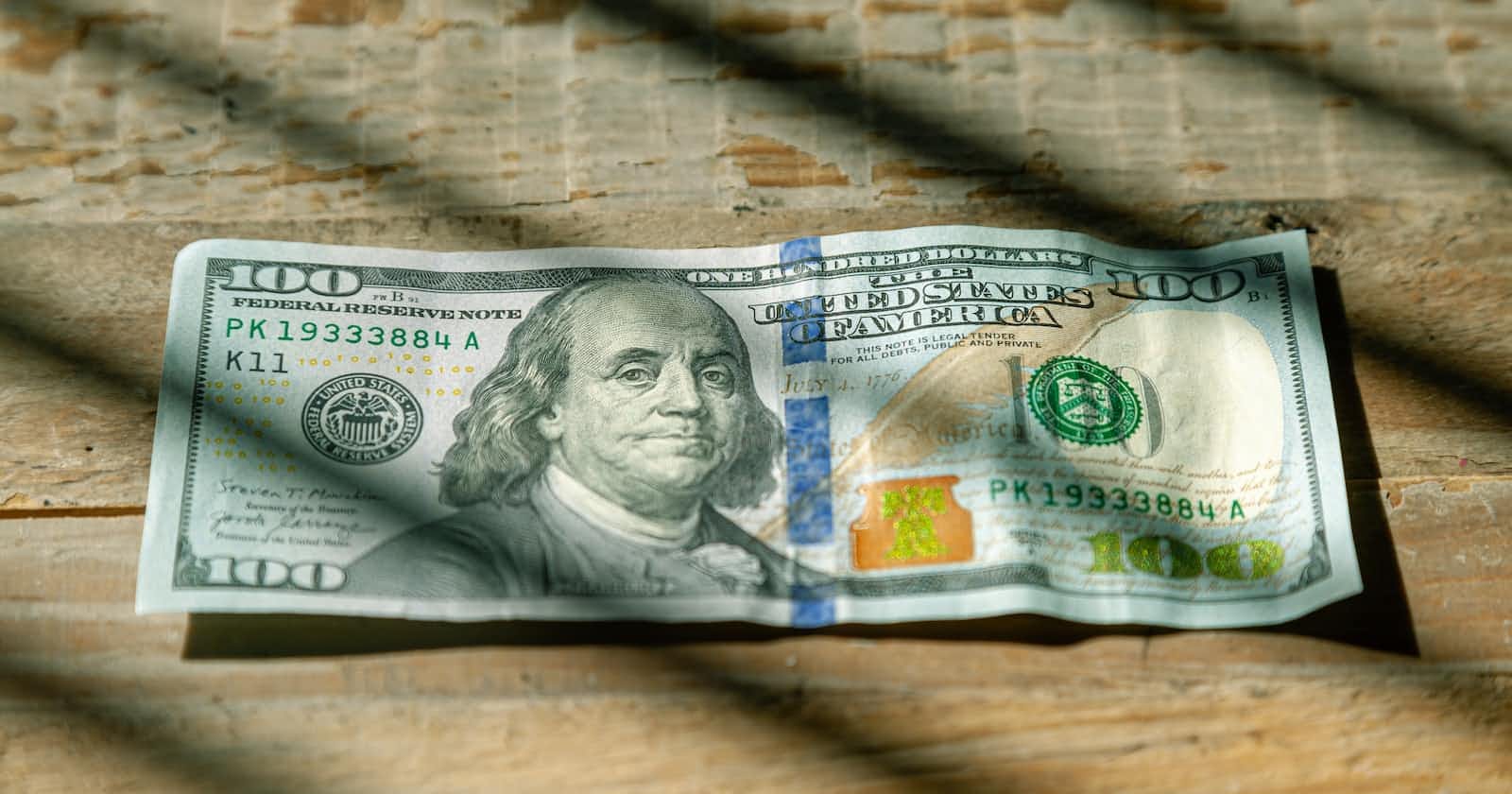
Photo by Live Richer on Unsplash
Here's Why Americans with $1 Million Don't Consider Themselves Wealthy
Contrary to common perception, a recent study conducted by Ameriprise Financial suggests that millionaires themselves do not necessarily view their wealth in the same light as others.
According to a recent report from Ameriprise Financial, only 8% of investors with $1 million consider themselves wealthy. Instead, 60% categorize themselves as upper-middle-class, while a significant 31% identify as middle class. The study unveils that wealth is more than merely achieving a specific dollar amount or a particular lifestyle; it embodies a mindset and a sense of security.
Kimberly Maez, a private wealth adviser at Ameriprise Financial, notes, "I think that people of wealth tend to be cautious and open-minded, and they tend to be intentional. Whereas it's not necessarily some of the things we always think it is. It's a little bit more behavior mindset focused."
The study surveyed over 3,000 Americans aged 27 to 77, approximately 600 of whom were millionaires, providing insights into their conception of wealth.
According to the study, 85% of millionaires believe that wealth means "a sense of financial security." Meanwhile, 66% associate wealth with the ability to provide for themselves and their families, and 58% link it to the freedom to do what they desire. zx zx zx zx zx zx zx zx
Maez highlights that the wealthy's conception of wealth is not necessarily rooted in luxury. "It's not like driving supercars necessarily," she explains. "It's just being more cautious and careful in trying to ensure that they are protecting what they've got because people of wealth also have a little bit of fear. They know how hard it's been to build it, and they know it can go away quickly."
However, the study reveals a significant contrast between investors with more than $1 million and those with less.
Among the surveyed millionaires, 62% indicated that their top financial priority was "protecting accumulated wealth," with 43% prioritizing "saving for retirement," and 32% emphasizing "managing market volatility."
On the other hand, the study found that among investors with less than $1 million in assets, 49% prioritized "saving for retirement," 42% focused on "managing day-to-day living expenses," and 35% considered "increasing income" and "paying down debt" as significant priorities.
Travis Sholin, a financial adviser at Keystone Financial Services, underscores that regardless of financial status, saving for retirement remains a priority for both the wealthy and those with fewer resources. He observes an inherent emotional scarcity mindset in people, noting that $1 million no longer holds the same value due to inflation and rising living costs.
"Those who have accumulated more do not want to lose it, and those still accumulating are still concerned about day-to-day expenses," he explains. "Both parties want security in their retirement. With increased inflation and the cost of living, everyone is feeling the pinch right now, even the millionaires."
Maez adds that the wealthy tend to be more risk-averse than commonly perceived, focusing on protecting their wealth rather than indulging in extravagance. Many of her clients engage in bargain hunting when shopping and avoid unnecessary expenses.
"Some of the wealthiest people I work with are also some of the most grounded people. So they're not caught up in a lot of things that you can get caught up in."
Surprisingly, only 13% attribute "luck" as a top driver behind their ability to amass more than $1 million. Instead, "financial planning and investing" (80%), "making a good income" (71%), and "living within my means" (69%) emerged as the top reasons for their success.
Sholin suggests that Americans can learn from the longer-term mindset of millionaires, emphasizing the importance of educating themselves and future generations about thinking long-term with investments and wealth. "If they can psychologically create that long-term mindset, that's how families become successful," he concludes.

